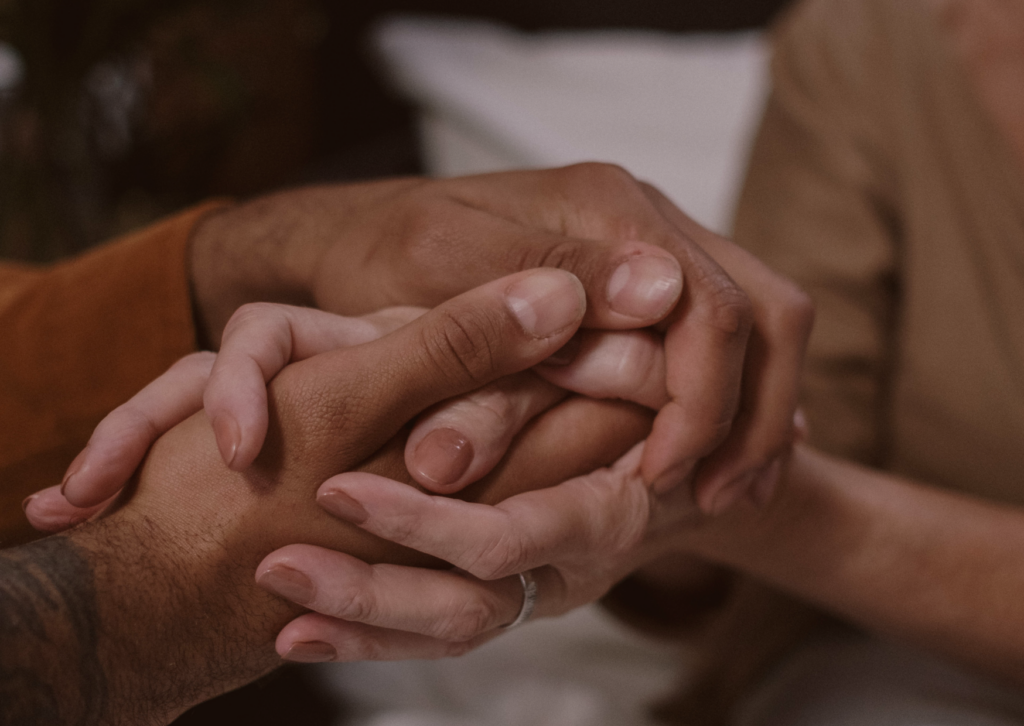
Care is connecting. Care is giving value, appreciation or love. Studies show a boost in our oxytocin secretion when we are able to give care to others. As you know by now, a boost of oxytocin related to a happier mood state. So, let’s dive into how you can become a care bear and reap the benefits of this tool.
A useful framework I would like to introduce you too is love languages. Love languages was developed by Gary Chapman in assisting individuals to build and strengthen their relationships. The five love languages include Words of Affirmation, Quality Time, Receiving Gifts, Acts of Service and Physical Touch. We often project our own love language on to others. For example if you are someone who feels good when receiving words of affirmation, you may often be the one giving these words. The person on the receiving end, may however not speak the same love language which may leave you feeling like your efforts to show appreciation, care and love go unnoticed.
I would like to invite you to do the reflective exercise below not only to establish a deeper understanding of your love language, but to mobilise you to have conversations with others in order to check which love languages speak loudest for them.
Reflection: write down all the things that others do that make you feel valued, appreciated or loved.
THEN:
Write down all the ways that you show others that you value, appreciate or love them. Examples may include sending a thoughtful text message, making the bed, diarising a coffee date with a friend or giving someone a hug.
After reflecting you can communicate this with those in your inner circle to share with and learn more about how to ‘show up’ in various relationships.
We can learn more about what makes us feel special and loved by exploring our love language in a little more depth. Below we will look at how each language is defined (what you can do) as well as what to avoid (what would be harmful or hurtful) for each love language. We will also explore how to handle conflict more effectively depending on which love language is being spoken.
- Words of affirmation
In this love language actions don’t always speak louder than words. People who speak this language absorb verbal feedback and unsolicited compliments mean the world to them. Harsh or undue criticism should be avoided as people who identify with this love language will recall word for word what was said, even months after the conflict. Resolving conflict includes maintaining eye conflict, active listening with empathy and not interrupting while listening to their side.
- Quality Time
For those who speak this language value your undivided, uninterrupted attention and time together is incredibly meaningful for those who speak this love language. Being there, fully present (with the TV off, laptop and cellular devices away and put all chores and tasks on ice) will make your significant other feel loved and seen. Distractions, cancelling or postponing dates will be hurtful and harmful to this love language, as will inviting friends to a dinner if your partner is expecting one on one time with just you. When handling conflict you may consciously make time to create a space to connect with the person who speaks this love language.
- Receiving Gifts
If we had to verbalise this it would be down to thought and effort. Those who speak this love language will feel valued and appreciated when a gift has sentimentality, rather than a monetary value placed on it. Birthdays, special occasions and milestones are important to this love language and the need to celebrate these is meaningful to those who speak this language. This love language may appreciate a token of love or consideration when resolving conflict, perhaps their favourite chocolate or flowers.
- Acts of Service
Can making the bed really be an act of love? In this love language it all about easing the burden of responsibility- stepping in and doing the things this person would ordinarily need to do themselves. It is important not to keep score, pointing out the acts of service you have done steals the ‘niceness’ of the impact of them noticing for themselves. The words this love language would most like to hear: “let me do that for you”. Laziness, broken commitments or making more work for them will be things to avoid as these are hurtful to those who speak this language. Prioritising time to attend to chores or run errands will go a long way when resolving conflict for individuals who identify with this love language.
- Physical Touch
Physical presence is important those who identify with this love language. You can show care, concern, excitement and love through holding hands, thoughtful touches on the shoulder or face, any way that you reinforce your presence and show “I’m here.” Accessibility and physical touch are crucial and withholding this kind of thoughtful touch can be harmful or hurtful for this language. Those who feel valued and loved with physical touch may need a big hug or your physical presence when navigating conflict.
Communication of how you feel valued, cared for and loved is key. Take some time to connect and check in with those in your inner circle to talk about your reflections after working through this post.
People who often show others that they care, generally feel happier. An act of care, can make the other person feel seen and can make you feel valued and appreciated at the same time. It’s a win-win!
Hey Happy wants to encourage you to identify your own love language and those around and show some care today!
written by Kerry Kirkman, Clinical psychologist

